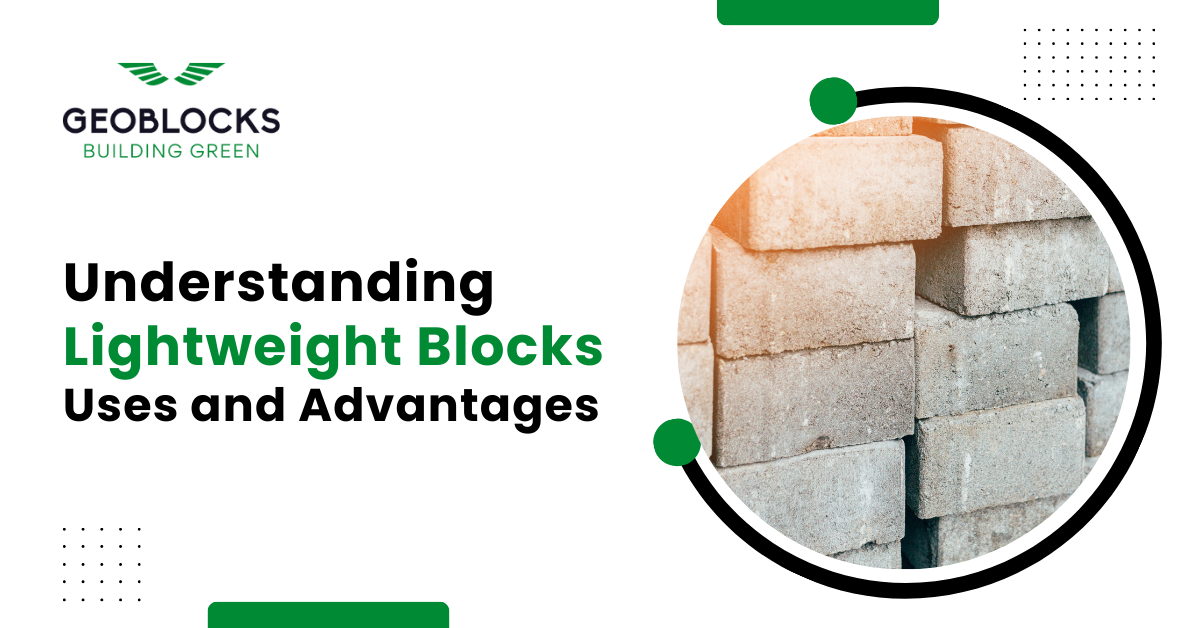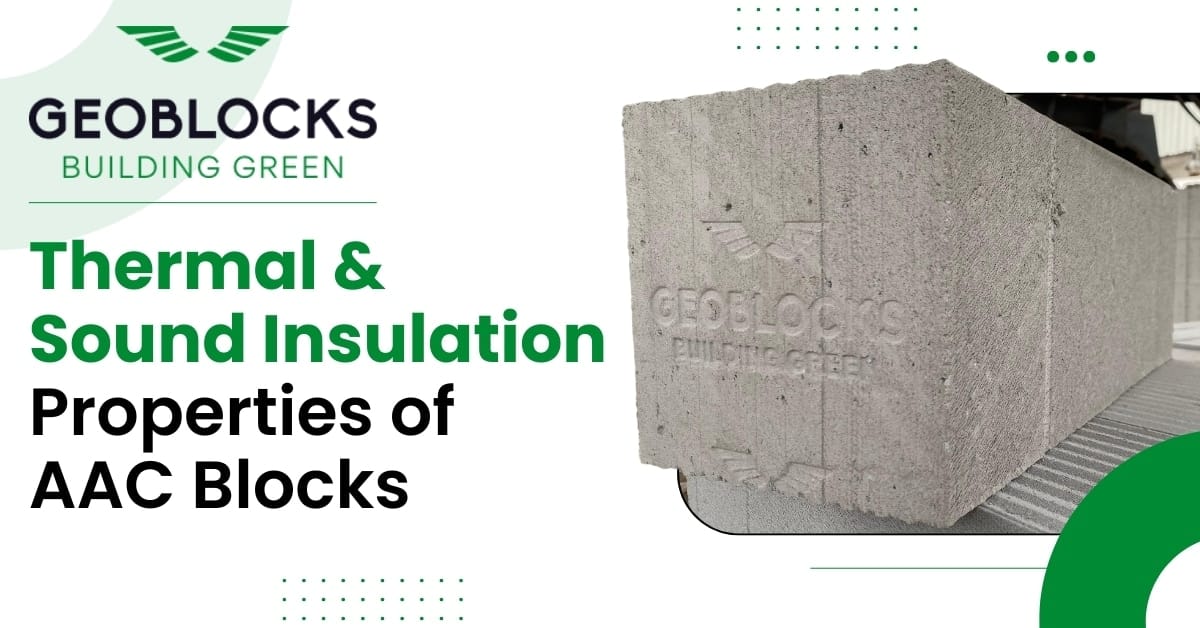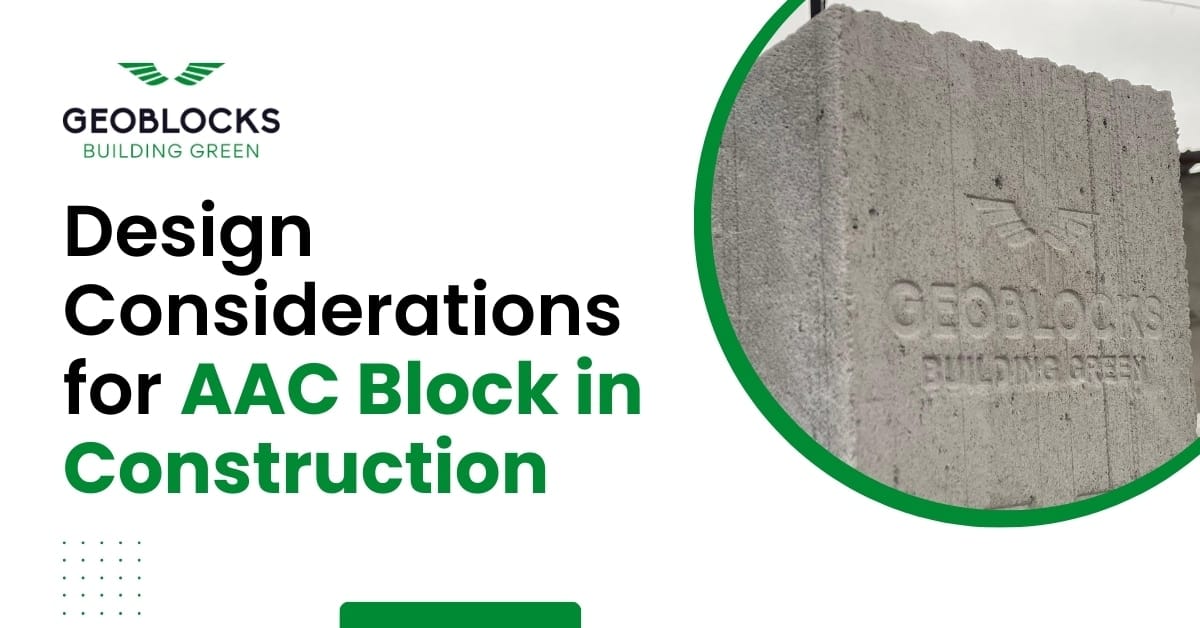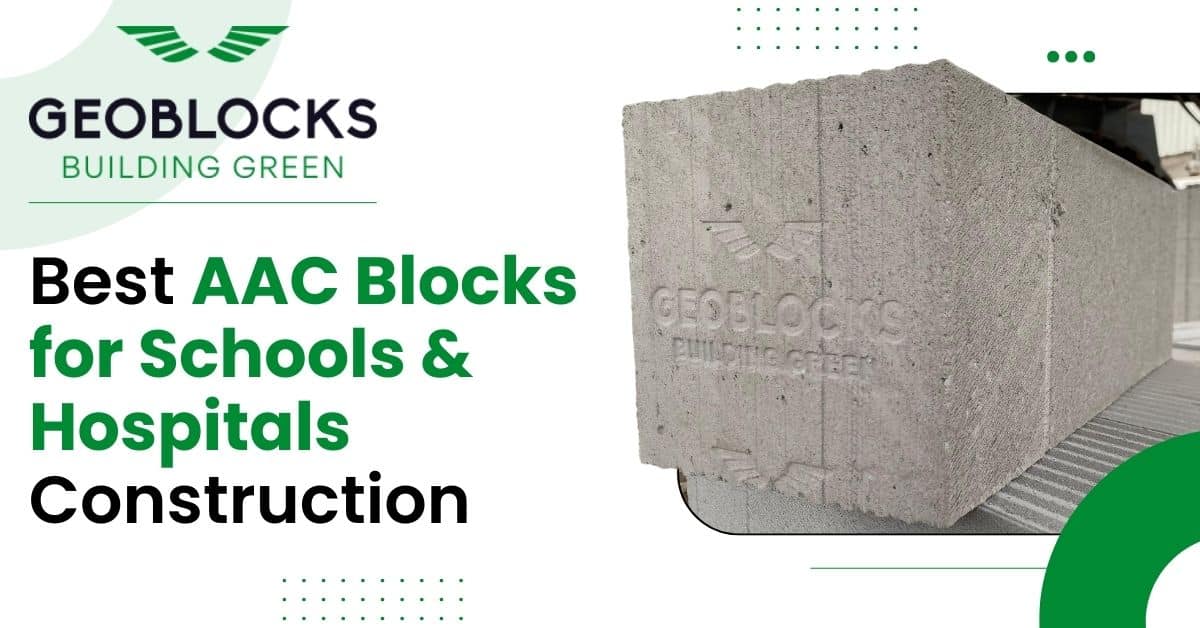In today’s world of smart construction and sustainable living, insulation plays a crucial role in…

What are Lightweight Blocks?
Lightweight Blocks, also known as Autoclaved Aerated Concrete (AAC) Blocks, are Precast, Foam Concrete Building Blocks that offer Superior Construction Qualities. Comprising Cement, Lime, Sand, Water, and an Expanding Agent, these Blocks undergo a Curing Process that involves High Pressure and Steam. This results in a Light, Porous Structure that is Strong and Durable. Lightweight Blocks have become Increasingly Popular in Modern Construction due to their Numerous Benefits over Traditional Building Materials.
Uses of Lightweight Blocks
Lightweight Blocks are Versatile and can be used in Various Construction Applications:
Residential Buildings: Ideal for Constructing Walls, Floors, and Roofs due to their Excellent Insulation Properties.
Commercial Structures: Used in Office Buildings, Shopping Malls, and Other Commercial Spaces for their Fire-resistant and Soundproof Qualities.
Industrial Buildings: Suitable for Warehouses and Factories, providing a Robust and Durable Solution.
Renovation Projects: Lightweight Blocks are perfect for Refurbishing Older Buildings, offering Easy Handling and Quick Installation.
Advantages of Lightweight Blocks in Modern Construction
Lightweight Blocks offer Several Advantages that make them Preferable over Traditional Building Materials:
Energy Efficiency: AAC Blocks provide Superior Thermal Insulation, Reducing the Need for Heating and Cooling, and Leading to Significant Energy Savings.
Fire Resistance: These Blocks are Highly Fire-resistant, withstanding Temperatures up to 1600°F, making them an Excellent Choice for Fire-prone Areas.
Sound Insulation: The Porous Structure of Lightweight Blocks provides Excellent Sound Insulation, making them Ideal for Residential and Commercial Buildings.
Durability: Lightweight Blocks are Robust and Long-lasting, Resistant to Weathering and Pests, ensuring a Durable Construction.
Eco-friendly: Made from Non-toxic Materials, AAC Blocks are Environmentally Friendly, Reducing the Carbon Footprint of Construction Projects.
Lightweight Blocks vs Traditional Clay Bricks
| Features | Lightweight Blocks (AAC Blocks) | Traditional Clay Bricks |
|---|---|---|
| Weight | Significantly Lighter, Reducing Structural Load | Heavier, Increasing Structural Load |
| Thermal Insulation | Superior Thermal Insulation, Energy-efficient | Lower Thermal Insulation |
| Sound Insulation | Excellent Soundproofing | Limited Soundproofing |
| Fire Resistance | Highly Fire-resistant, Withstands Temperatures up to 1600°F | Lower Fire Resistance |
| Installation | Larger and Easier to Cut, Speeds up Construction | Smaller and Harder to Cut, Slower Installation |
| Durability | Resistant to Weathering, Pests, and Fire | Less Resistant to Weathering and Pests |
| Environmental Impact | Eco-friendly, Lower Emissions, and Less Resource Consumption | Higher Emissions, More Resource Consumption |
| Cost Efficiency | Higher Initial Cost but More Cost-effective Long-term | Lower Initial Cost but Higher Maintenance Costs |
| Ease of Handling | Lightweight and Easy to Handle | Heavier and More Difficult to Handle |
| Dimension Accuracy | High Dimensional Accuracy | Variable Dimensional Accuracy |
Frequently Asked Questions
What is the Price of Lightweight Blocks?
The Price of Lightweight Blocks varies Based on Size, Quality, and Location. However, their Long-term Benefits often Outweigh the Initial Cost.
Where are Lightweight Blocks Used?
Lightweight Blocks are used in Residential, Commercial, and Industrial Buildings, as well as Renovation Projects.
What are AAC Lightweight Blocks?
AAC Lightweight Blocks are a Type of Precast, Foam Concrete Building Blocks known for their Lightweight and Superior Construction Qualities.
What are the Benefits of AAC Blocks?
AAC Blocks offer Energy Efficiency, Fire Resistance, Sound Insulation, Durability, and Eco-Friendliness.
What are the Advantages of AAC Blocks over Traditional Bricks?
AAC Blocks are Lighter, provide Better Insulation, are Easier to Install, and are More Durable and Eco-friendly than Traditional Clay Bricks.
Conclusion
Lightweight Blocks, particularly AAC Blocks, have Revolutionized Modern Construction with their Numerous Advantages over Traditional Bricks. From Energy Efficiency to Durability, they offer Significant Benefits that make them an Excellent Choice for a Wide Range of Construction Projects. Whether You’re Building a Residential Home, a Commercial Space, or Renovating an Existing Structure, Lightweight Blocks from Geoblocks Provide the Quality and Performance needed for Superior Construction Results.
Ready to Enhance your Construction Projects with the Best Lightweight Blocks? Trust Geoblocks for High-quality AAC Blocks and Experience the Difference. Contact Us Today to Explore our Range of Products and Get Started on your Next Project with Confidence!




